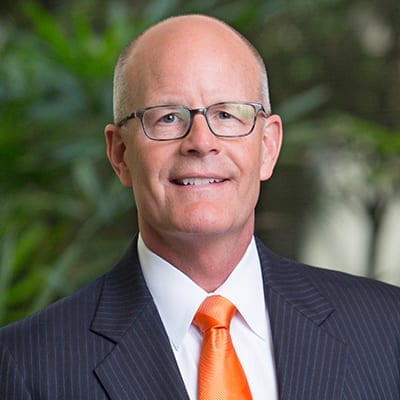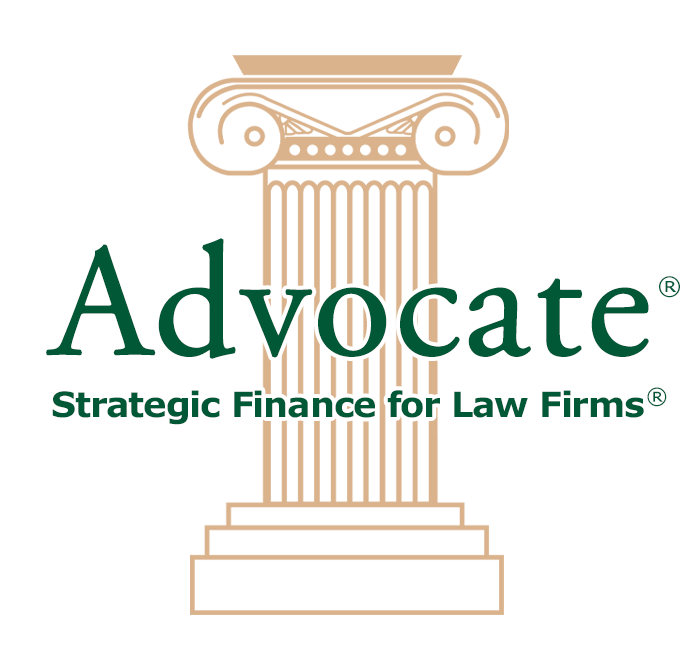As seen on news outlets across the country including The Daily Herald, Digital Journal, and WMBF News.
Passionate about "helping people who help people," the CEO of Advocate Capital, Inc., a private funding firm that supplies trial preparation and case expense funds to plaintiff attorneys, explains why there is a need and how those lawyers who take cases on a contingent fee basis serve a vital function in the justice system. Listen to an enlightening radio interview to gain information and understanding from Michael J. Swanson.
 For nearly 20 years, Michael J. Swanson has been CEO, a shareholder, member of the board of directors and served on the credit committee at Advocate Capital, Inc., with daily responsibilities that include client relations, strategic planning, credit underwriting, marketing, and public relations.
For nearly 20 years, Michael J. Swanson has been CEO, a shareholder, member of the board of directors and served on the credit committee at Advocate Capital, Inc., with daily responsibilities that include client relations, strategic planning, credit underwriting, marketing, and public relations.
He was recently interviewed by host Neil Howe on Business Innovators Radio on the topic of pre-trial funding for plaintiff attorneys and why it is necessary in the current justice system.
Swanson notes that when he and a partner acquired Advocate Capital 18 years ago, it only had one client. Currently, he says, the firm funds and tracks more than 70,000 cases, a number that grows by about 15 percent a year. Adding that no one on staff is a lawyer, he explains that the company “helps people who help people,” and that he is delighted to be a part of that team.
Listen to the entire broadcast.
Although the CEO acknowledges that contingent-fee attorneys have received kind of a “bad rap” as ambulance-chasers, he defends their work, explaining that they perform a vital role and uphold citizens’ rights to jury trials as guaranteed by the 7th Amendment to the U.S. Constitution. His history lesson highlights the plight of those attorneys who seek to “help people” who have suffered loss through no fault of their own.
The Financial Reality of Helping People
By detailing the financial reality of plaintiff attorneys and law firms that accept contingency cases, Swanson makes a striking case for the work of Advocate Capital, Inc.. As he notes, most other businesses have access to funding sources, whether through a bank or private lender, based on their product or value proposition. There is, as he says, no way to quantify the value of the service that contingent-fee lawyers perform, when cases can span years and there is no guarantee that the financial reward will be sufficient to cover the expenditures. Payback depends entirely on the outcome of the case.
Swanson also notes, however, that Advocate Capital is not a “one size fits all” solution; the company targets the case expenses a law firm has in order to prosecute a case to the trial level. The hard case expenses required to advance a case to trial, he says, can run about 10 percent of the expected award, but that is just a general rule of thumb, and those costs are out-of-pocket expenses that must be paid in advance, in addition to ongoing overhead and operating expenses.
The investment adds up over time and can easily amount to hundreds of thousands, if not millions of dollars. In addition, he notes, the money that is advanced accrues no interest and is “after-tax” cash, resulting in a real burden to those plaintiff attorneys who keep busy trying to help people.
The recurring theme of “helping people” is one that Swanson returns to again and again in his interview, and it is a mainstay of the value proposition for Advocate Capital, Inc. as well.
Swanson, who also has been president and a member of private equity firm Wellgen Standard, LLC, since 1999, is the author of a book entitled How David Beats Goliath: Access to Capital for Contingent-Fee Law Firms. Swanson’s book is a definitive, common-sense read that explains how contingent-fee law firm funding works, who provides it, what it costs, and how law firms can acquire and use it efficiently.

